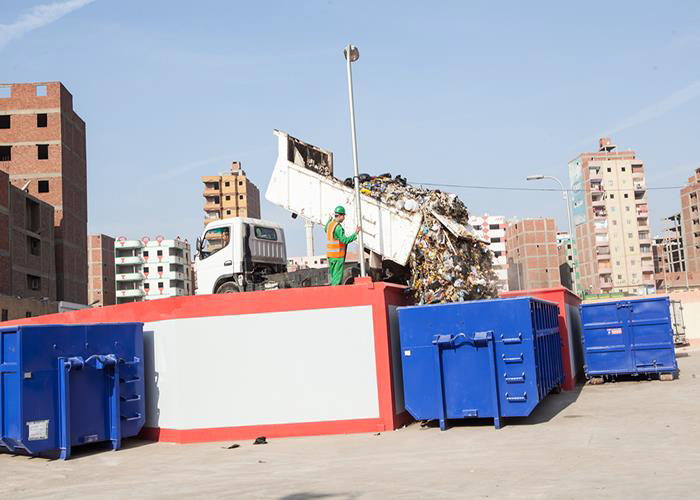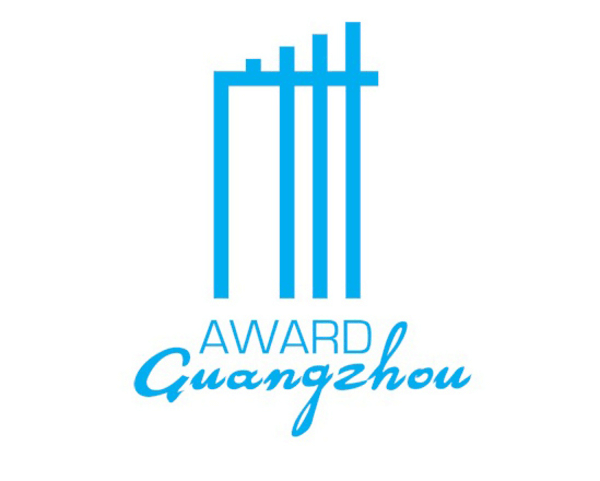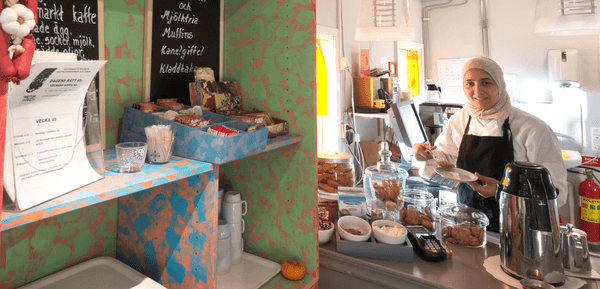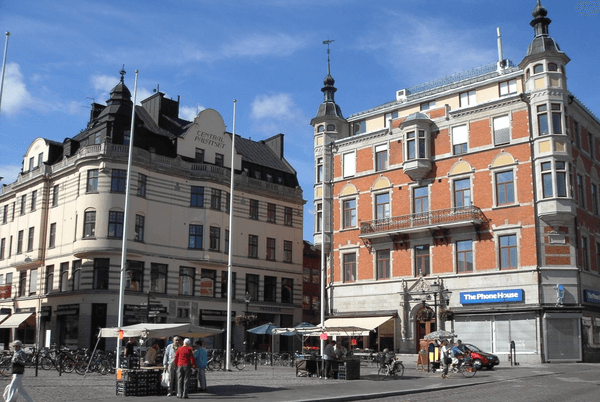
City
Cairo
Main actors
City Government, Regional Government, Supranational / Intergovernmental Institutions, NGO / Philanthropy
Project area
Metropolitan Area
Duration
Ongoing since 2013
The Qalyubeya Governate aims to improve waste collection services in the Egyptian cities of Khosoos and Khanka, while simultaneously advancing the working conditions of the informal workforce who provide collection services.
Qalyubeya Governorate is part of Greater Cairo, one of the largest urban areas in Africa, with a mosaic of sub-cities where over 20 million people live. Rapid urbanization has caused an increase in informal settlements and enterprises.
The City of Cairo generates more than 21 million tons of municipal waste each year, with an annual increase of currently 2%. The City would be unable to manage this volume of waste in an effective and environmentally sound manner without the labour of approximately 20,000 informal waste pickers. Despite this, waste pickers face challenges of stigmatization, social exclusion, poverty and can often serious health problems from the hazardous substances that they collect.
The Qalyubeya Governate, working with international partners, has established an integrated community-based solid waste management system, that takes into consideration the informal workers and facilitates the planning and monitoring functions for waste management in both Khosoos and Khana. Over time, the system will increase the efficiency of the waste collection services leading to economic and health improvements for the informal workers and environmental sustainability for the city.
Guangzhou Award
This project was awarded the 'Guangzhou Award' in 2016.
External links / documents
On Map
The Map will be displayed after accepting cookie policy



